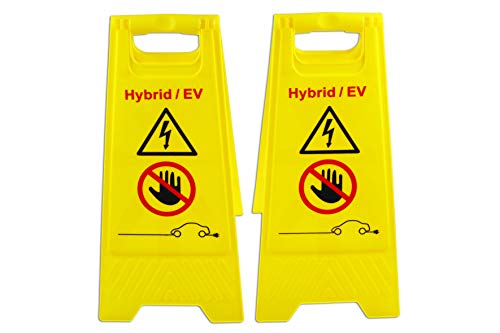The outlet going 45degrees can be so easily turned to go down that I guess there is a O-ring there.
I have questions for you guys as I plan doing the same conversion (gen1 obc to gen2)
1) I have a gen 2 OBC from a 2017 Czero with 80cells, will that work with a Czero from 2011 with 88cells ?
2) what is the brand and reference of the orange 2-pole HV connector between the gen 1 OBC and inverter ? (I would like to avoid to cannibalize a PTC heater or an AC compressor to only get the proper connector.
Many thanks !
PS: I have pictures of such a conversion/repair done by a Citroen dealership with original gen2 OBC to gen 1 inverter cable with the part number but cannot find this part anywhere... If someone would like to host these pics on the forum...
I have questions for you guys as I plan doing the same conversion (gen1 obc to gen2)
1) I have a gen 2 OBC from a 2017 Czero with 80cells, will that work with a Czero from 2011 with 88cells ?
2) what is the brand and reference of the orange 2-pole HV connector between the gen 1 OBC and inverter ? (I would like to avoid to cannibalize a PTC heater or an AC compressor to only get the proper connector.
Many thanks !
PS: I have pictures of such a conversion/repair done by a Citroen dealership with original gen2 OBC to gen 1 inverter cable with the part number but cannot find this part anywhere... If someone would like to host these pics on the forum...







































